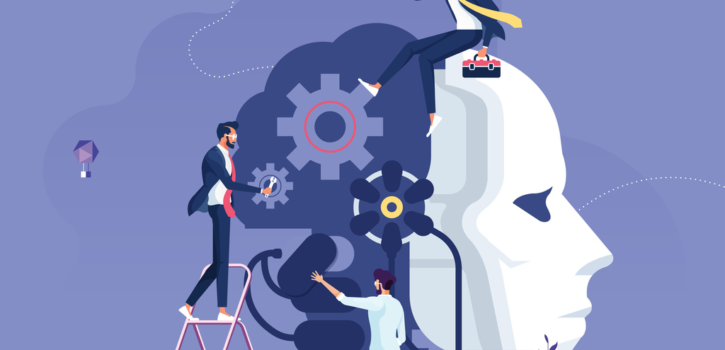The history and development of e-commerce worldwide

The history of e-commerce: context, beginnings and evolution
We may feel like we have a complete understanding of e-commerce, however, the history of this technological revolution is much richer and more complex than you might imagine. In this article, we’re offering you the chance to travel through time to discover the beginnings of e-commerce, its development and what can we expect next.
When did e-commerce begin? (beginnings)
The story of e-commerce began in the 1970s, well before the arrival of the Internet as [...]
Read moreHow do customer reviews impact e-commerce?

The impact of customer reviews in e-commerce
The e-commerce sector is continuing to expand, with increasing numbers of purchases every year. The European B2C e-commerce market was worth 718 billion euros in 2021, and this figure has been constantly growing since 2016! But as more online stores open, customers are finding it harder to choose between them. This is where customer reviews come in. In this post, we’ll consider the impact of customer reviews in e-commerce.
The role of customer reviews [...] Read more
Optimising your e-commerce site for m-commerce

M-commerce: why is mobile optimisation important for e-commerce sites?
According to a 2022 Insider Intelligence report, m-commerce retail sales reached 359.32 billion dollars in 2021. And the experts believe this figure will double by 2025. With growth forecasts like this, it’s sensible to pull out all the stops to attract mobile buyers. After all, 35% of e-commerce turnover comes from mobile sales and, with 5G being rolled out, this percentage won’t be decreasing any time soon!
So, here is why [...]
Read moreEverything you need to know about social commerce in 2023

How to use social commerce in 2023 “Where did you get those posters?” “From an ad I saw on Instagram.” “I want them too.”
This kind of interaction is becoming more common as social commerce booms. Social commerce sneaks onto our phones, directs us to a payment method faster and shows us brands we’ve never seen before.
For sellers, the advantage is that even small brands can take centre stage in this new market segment. So, how do you use social commerce in 2023?
What [...] Read more
AI, ChatGPT and translation: the complete guide

How AI is revolutionising the translation sector
Artificial Intelligence (AI) has transformed a range of sectors, such as healthcare, recruitment, insurance and… translation. AI has made translating legal documents, websites, and user manuals much quicker. This access to AI is therefore good news for translators. However, there are risks involved in using AI in translation. Let’s take a look at them together!
AI-based machine translation tools
There are two kinds of AI-based machine translation tools:
neural machine translation (NMT) tools statistical machine translation (SMT) [...] Read more


